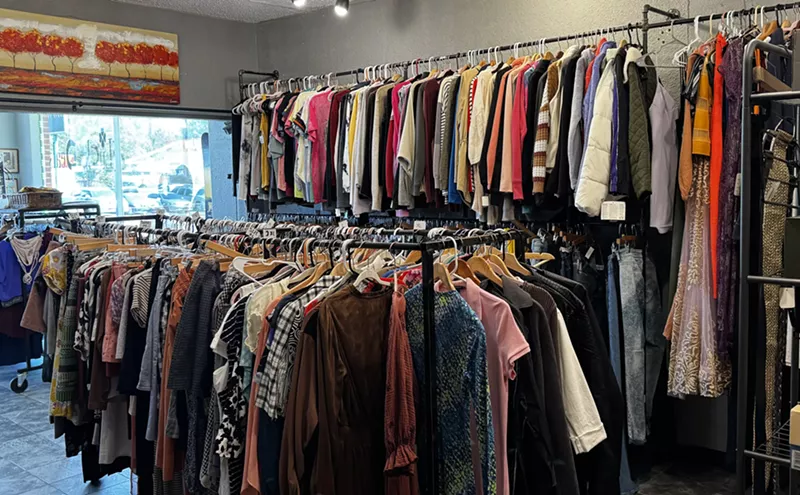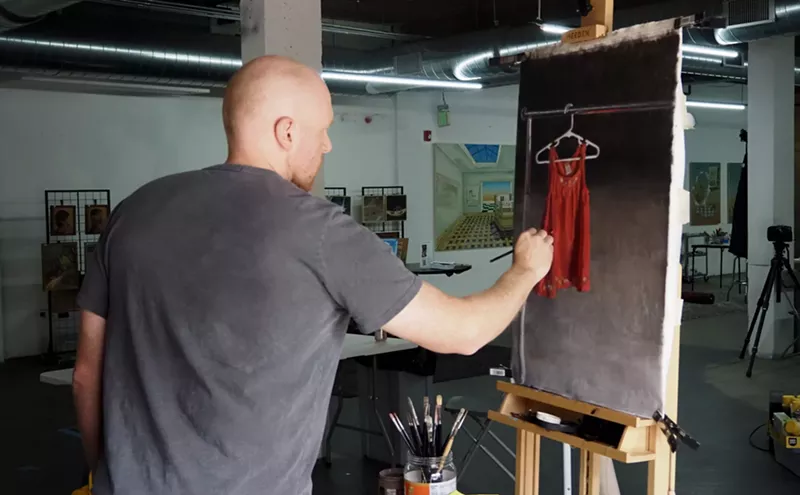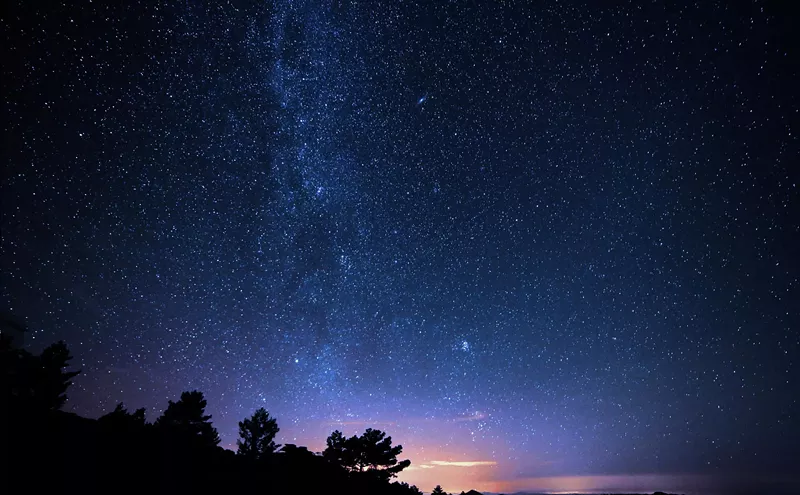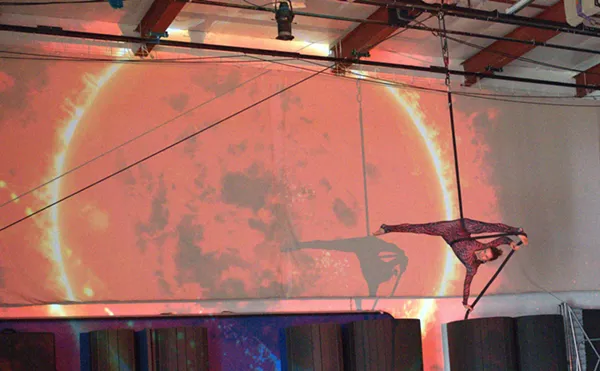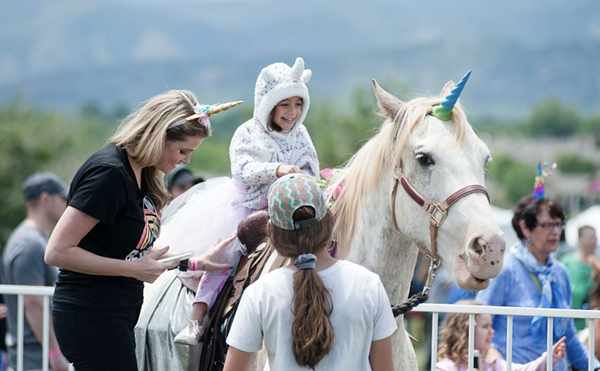Westword: Tell us a little about your history in the outdoor industry.
Josh Bernstein: When I was a teenager, I fell in love with the wilderness. I spent all my summers and vacations in the American West, learning about mountaineering, wilderness camping, horseback riding -- anything to make me a more competent backcountry traveler. In college, I focused on the skills I needed to be a guide, studying wilderness medicine and leadership dynamics outside of my normal classes (I was an Anthro/Psych double major). From there, things grew into a career.
Why did you decide to start teaching survival courses and when did you know it was what you wanted to do?
I first came to BOSS in 1988, when I was 17. I had been to other programs in the U.S., but BOSS was the most pure and thrilling for me. There's something magical about the Southern Utah landscape, and the BOSS philosophy of carrying very little modern gear forces you to be immersed in the wilderness. By the end of my second BOSS course, I knew I wanted to be an instructor for the school. I served an apprenticeship in 1989 and became a junior instructor the following year.
How would you recommend someone get started in your field?
Most outdoor programs prefer to hire someone with first-hand experience on the trail with them. This ensures that staff members are intimately familiar with how they operate and can speak to future clients from personal experience and insights. So if someone wants to work for Program X, I recommend you take a course as a student with Program X. Get to know the staff, the landscape, the curriculum and the dynamics of that program. If you don't know what program you might want to work for, travel and explore -- try a variety of activities and see what clicks for you.
Can you describe an average day?
As an instructor, days vary based on the type of course and the phase of that course. But most days involve getting up at dawn and teaching/hiking until dusk, at which point we make camp, prepare dinner, then sleep. The lessons taught and the mileage covered vary, but every instructor team at BOSS works hard to share the load.
I should say that, as the owner of BOSS, I'm not in the field as much as I used to be. Most of my energy now goes into working with the Program Director, so that he can effectively lead the staff and support our courses. Though, a few weeks ago, I had the pleasure of taking the weekend anchors of NBC's TODAY show into the field for a quick survival skills course.
What's the best part of your job?
I take great pride in knowing that BOSS offers the public an experience that can be a powerful catalyst for insight and personal growth. Beyond the practical aspect of wilderness survival skills, our curriculum and our methodology are unlike anything else in the industry, and it's truly satisfying to see that, course by course, person by person, we're helping create more competent, confident wilderness travelers.
How about the worst?
Seeing someone quit when you know they can succeed can be very challenging.
Are there any big misconceptions about what you do?
A lot of people hear "Utah survival school" and think we're a rehab program, a military program or a camp for kids. They're surprised to learn that the typical BOSS client is about 35 years old, professional, and happily coming to us for an adventurous vacation. While our clients range from 18 to 73 (so far), we don't work with kids and we don't do military training. People should come to BOSS because they want to engage with the wilderness in a respectful, sustainable way.
Is there anything you're particularly proud or embarrassed of?
I've been at BOSS for 23 seasons now (although in recent years I've been traveling a bit to work on TV). I have to say that when I compare the BOSS of 2011 with the BOSS of 1988, our staff, our facilities, the school's marketing and even the overall brand awareness have all come such a long way. Yet our most basic beliefs about the wilderness, primitive technologies and their power to create competent, confident people is as pure as ever. I'm proud that we have managed to grow the school while holding onto our core values and philosophies.



